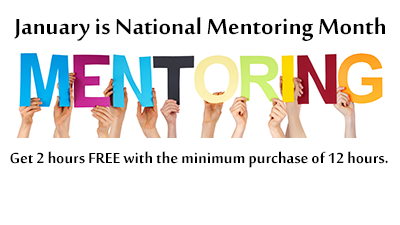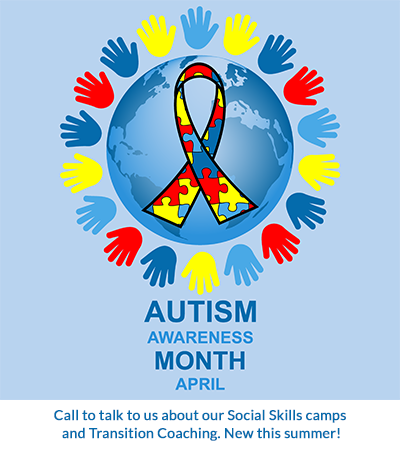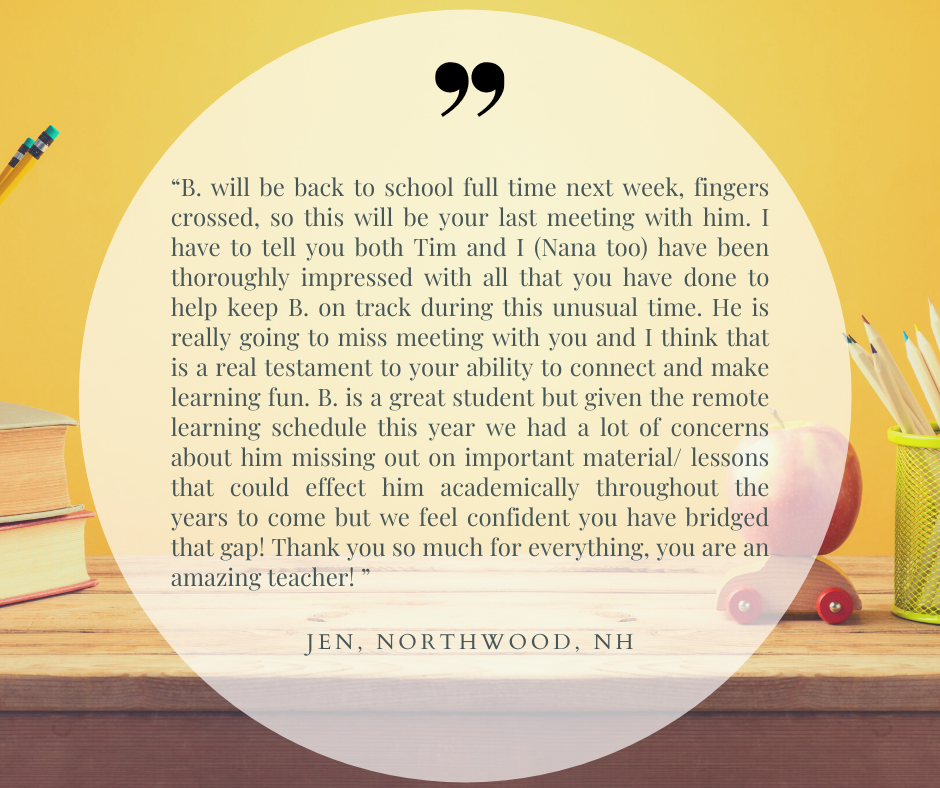Somewhere, back in the deep, dark reaches of our memories, lies that most scary of monsters. It causes nightmares, even when we’re grown up. It triggers waves of fright and anxiety. It is our most terrible memory of our school years. The MATH problem!
Boo!
OK, I hope I didn’t cause any heart attacks out there. And maybe you were one of those students who could face down this demon with impunity. But there are many, many of us for whom math was the worst part of the school day. And it’s stayed with a lot of us!
And to top it all off, over the last few years the new way of teaching math has completely flummoxed teachers, parents, and students alike. We just can’t catch a break, can we?
First, let’s look at an article that appeared in education.com from 2009 and updated in 2014 entitled “Why Do Students Struggle With Mathematics?” by H.J. Sherman, L.I. Richardson, and G.J. Yard. In the article, the authors identify two main categories: 1. Environmental Factors, broken down to Instruction, Curricular Materials, and the Gap Between Lerner and Subject Matter; and 2. Personal or Individualized Factors such as Locus of Control, Memory Ability, Attention Span, and Understanding the Language of Mathematics. It’s a very short article but important for parents and teachers. It also has some suggestions for helping students.
However, the problem is much more complex and needs addressing comprehensively, and as a nation. PBS, the Public Broadcasting System, has a web page called Misunderstood Minds. It is mostly addressed to learning problems. This is a companion to the PBS special Misunderstood Minds and goes deeply into the research and attention paid to this issue.
In the Mathematics section, there is a page called “Difficulties with Mathematics.” Here you will find topics related to what can stand in the way of a student’s mathematical development, and a comprehensive list. Next, they have “Signs of Math Difficulties” which is aimed at helping parents and teachers recognize when intervention might be appropriate. What you’ll find is that math difficulties cannot not solely be attributed to “learning problems” of the kind addressed in the Americans With Disabilities Act, an important focus of the website and the TV special. For example, in the area of Computational Weakness, here’s what they say: “Many students, despite a good understanding of mathematical concepts, are inconsistent at computing. They make errors because they misread signs or carry numbers incorrectly, or may not write numerals clearly enough or in the correct column. These students often struggle, especially in primary school, where basic computation and ‘right answers’ are stressed. Often they end up in remedial classes, even though they might have a high level of potential for higher- level mathematical thinking.”
The other day, I came across the website from the University of Chicago School Mathematics Project. It’s called Everyday Mathematics. You might know this concept as “fuzzy math” or “why can’t I understand this?” type of math or “my kids hate this and so do I” math. This is a research-based curriculum developed in 1983 at the University, based on childhood development and mathematical education theory. It has had a contentious history as you may have heard…or experienced. (Many confuse this teaching method with “Common Core.” Common Core is a set of standards, not a curriculum, so put that idea aside. We’ll go into that whole subject in another blog article!) There are impassioned proponents and opponents of Everyday Mathematics. But in the end, what it is trying to do is to get kids to think about math holistically, and not linearly, to be able to think problems through from many angles, to be able to survive and even compete in the worldwide phenomenon of the technological revolution.
Is “fuzzy math” the answer? I’ve mentioned only three of the thousands of articles, theories, and approaches to math. But it’s still a problem for too many kids…and too many parents…and too many teachers. “Fuzzy math” may be the answer, but there is so much noise, that it’s hard to decide what the answer to our math dilemma is. By the way, I should mention here that the US, by many measures, but especially in the Programme for International Student Assessment (PISA), comes in way behind other countries in math proficiency.
So what IS the answer?
There is no one answer.
But you have one or more students who may or may not be having trouble in math (odds are they do have trouble) and you have to play the hand you and they have been dealt. So you have to get involved in their math education and yours as well. And you have to keep on top of this subject because it is changing from year to year.
In the next blog, I will lay out some specific suggestions for you to consider for your child’s math education. In the meantime, take a look at the links I’ve provided above and, by all means, get in touch with me if you need some guidance. We have quite a few tutors who have contributed to our knowledge of “what to do” in the (sometimes) scary field of math.
So, your homework for now, and I promise this is not a scary monster article, is to look at Meet the New Math, Unlike the Old Math article in Wired. It’s a good introduction to the differences between how you were taught math and how your kids are taught it. But don’t worry, I won’t give an exam on this.
As usual, we urge you to contact us if you have questions or suggestions. And somewhat on the topic above, we know well that every student has different needs and different learning styles, especially when it comes to math and advanced math subjects. So, I’ll put in a little pitch here to say that we firmly believe if you think your student needs some extra help, it is appropriate to invest in tutoring with a specialist who can adapt and shift to the student’s specific situation as needed and as they move on and grow in their learning. As you can imagine, this is especially pertinent with math.
We welcome your participation, either through blog comments or though other contacts with us. You can help us implement our motto: Success with Every Student.
Want to know more? Interested in these ideas? Call us to day to find out more about our learning philosophies and our math tutoring programs: 844-NETUTOR (844-638- 8867).












